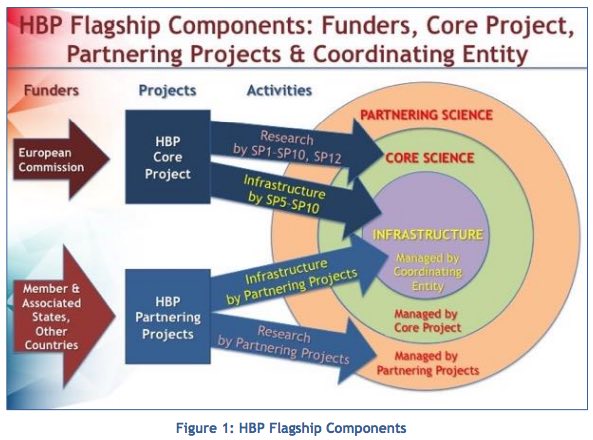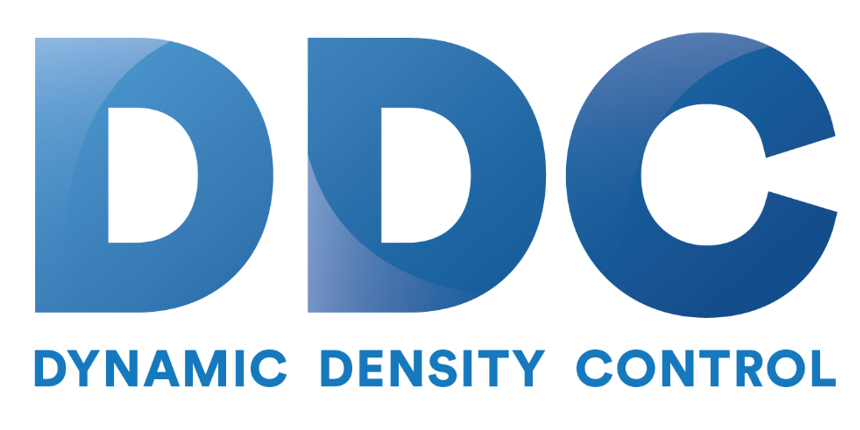Today the European Commission announced a partnership agreement with the Human Brain Project (HBP), a key EU research project aiming to better understand how the human brain works. Launched in 2013, the HBP will provide researchers with world-class infrastructure, ICT tools and mathematical models to improve their knowledge of the human brain, its diseases and its computational capabilities.
Understanding the human brain is one of the greatest challenges facing 21st century science,” said Günther H. Oettinger, European Commissioner for Digital Economy and Society. “Major challenges like these can only be tackled at European level.”
 Today’s agreement will enable the Commission to support the HBP until 2020, under the EU Horizon 2020 program. The project involves more than 400 researchers from 24 countries from all over Europe. The overall budget of the HBP is estimated to €1 billion over ten years (2013-2023), with support from the Commission and from other partners including universities, industries and Member States’ own programs.
Today’s agreement will enable the Commission to support the HBP until 2020, under the EU Horizon 2020 program. The project involves more than 400 researchers from 24 countries from all over Europe. The overall budget of the HBP is estimated to €1 billion over ten years (2013-2023), with support from the Commission and from other partners including universities, industries and Member States’ own programs.
The Framework Partnership Agreement signed today formalizes the long-term commitment, roles and responsibilities between the HBP project consortium and the Commission until 2020. The agreement reinforces the governance structure of the HBP as well as the essential contribution of cognitive neurosciences in it.
The Human Brain Project and Graphene were selected in 2013 as Future and Emerging Technologies Flagships to tackle the grand scientific and technological challenges of digital science.
The Human Brain Project is a €1 billion research initiative to deliver 10 years of world-beating science at the crossroads of science and technology. It was selected for EU funding in January 2013 by a high-level evaluation panel including leading scientists, industrialists and specialists from across a broad range of disciplines.



